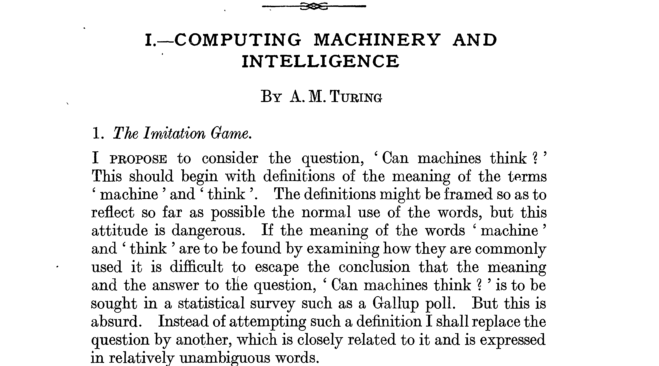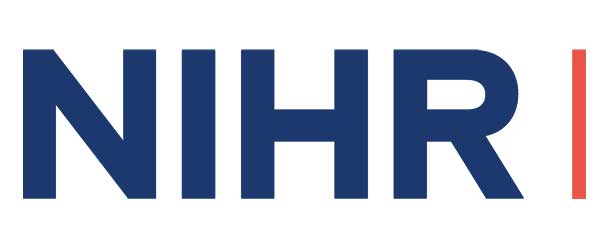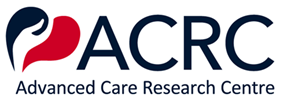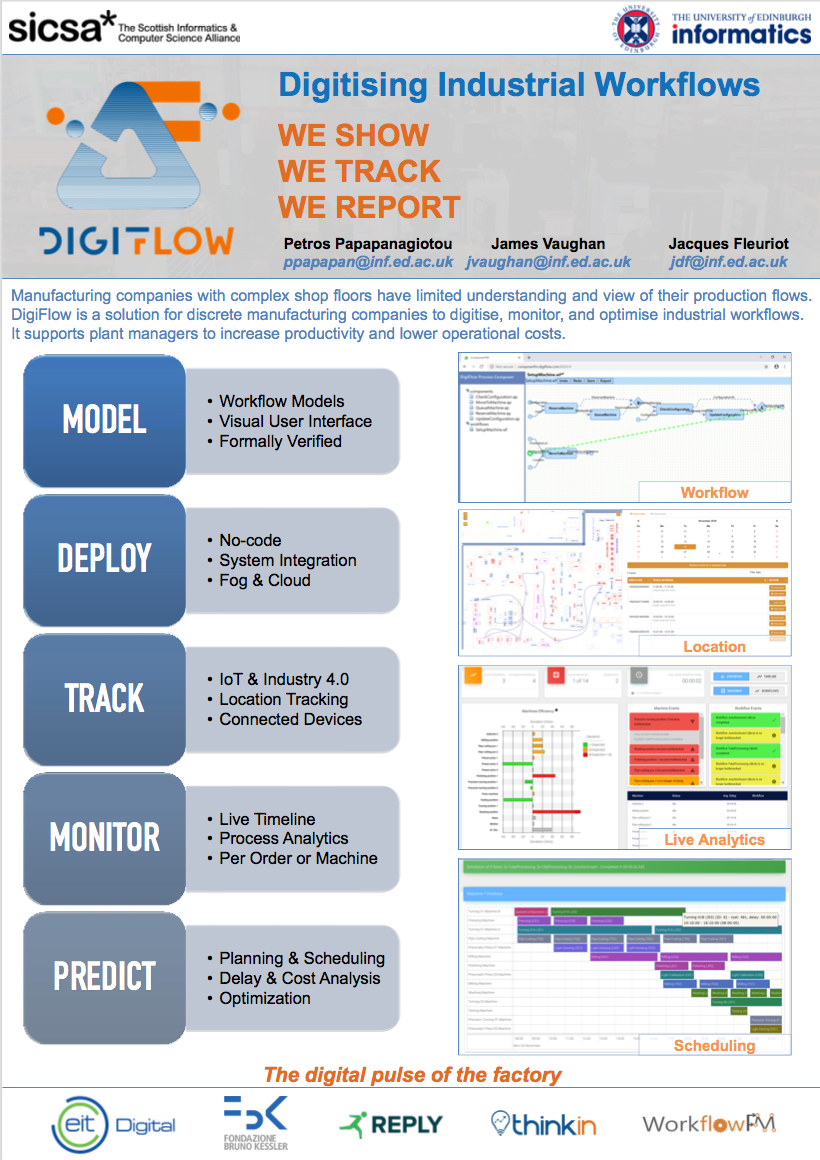The Artificial Intelligence Modelling Lab (AIML) engages in a range of theoretical and applied research in Artificial Intelligence (AI) and Machine Learning (ML). Particular areas of interest include interactive theorem proving, formal modelling and verification, machine learning and its combination with higher level symbolic reasoning, as well as its application to healthcare and other complex, real-world domains.

News
-
Our paper on understanding the ADL of older adults has been published by IEEE Sensors
29th November 2025
-
Our paper on differentiable Signal Temporal Logic for neurosymbolic AI has been published by LIPIcs
21st October 2025
-
New pre-print out on our qualitative study of older adults living with sensors at home
15th October 2025
-
Research Assistant in Health Data Science and Innovation
2nd October 2025
-
Data Analyst in Health Data Science and Innovation
2nd October 2025
Some of our Existing and Past External Engagements










Recent Events
Edinburgh Science Festival: Who wants to live forever?
Life-spans across the world are increasing, but this often overlooks the health-span: the period of life spent healthy and disease-free. So how do we ensure that later life is a healthy life?
During this talk, I report on progress we have made towards formalising Algebraic Quantum Field Theory (AQFT) and present formalisations in the theories of manifolds, Lie groups, and involutive algebras. I will outline a plan to quickly obtain a minimal formalisation of AQFT, suitable for the study of theorems with physical interpretation.
Speaker: Richard Schmoetten
Predicting brain health outcomes from objectively-assessed sleep duration in UK Biobank
This presentation will presentan assessment of the feasibility of predicting brain health outcomes from sleep duration derived using accelerometery data from UK Biobank.
Speaker: Matt Whelan